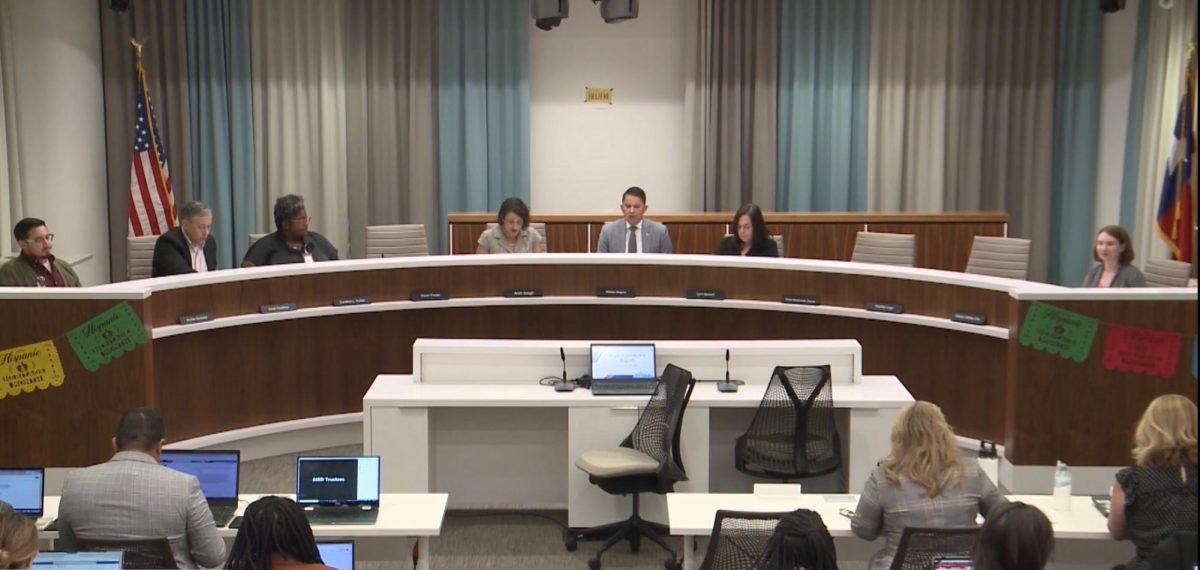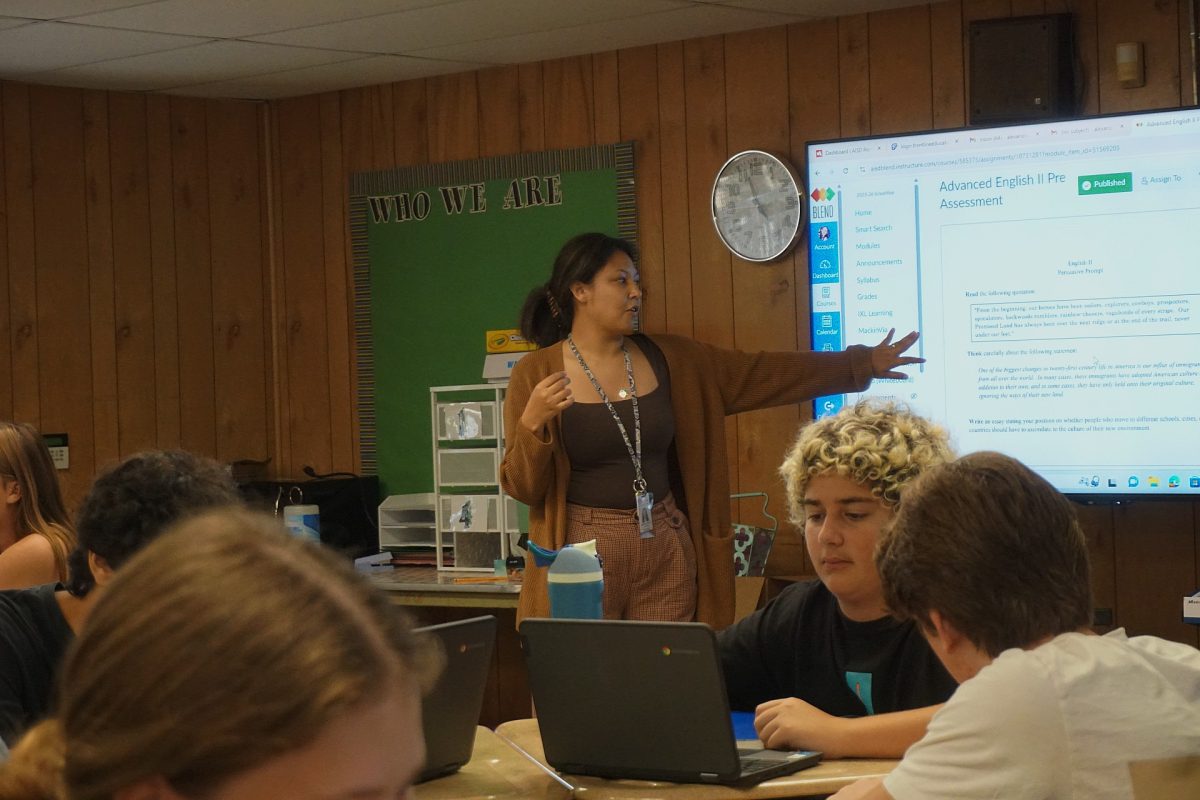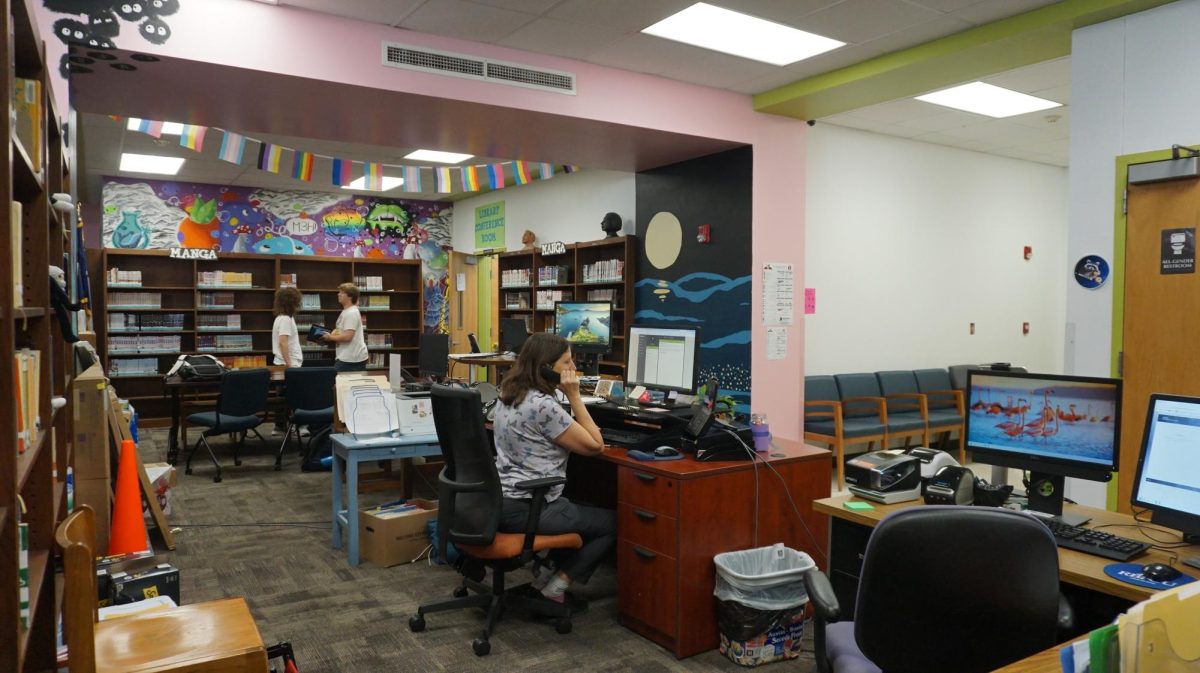After weeks of delay and deliberation, the Austin ISD board of trustees voted on Tuesday in an 8-1 vote to approve a plan for the Texas Education Agency to monitor and report back the way the district handles special education services.
The plan is being hailed as a win for both parties as the district will maintain control of its special education operations but will have to meet several requirements, including changing its school board policy, in order to avoid the agency putting in place a conservator who would have the power to make decisions in the special education departments.
In order to receive the less severe plan with a TEA monitor instead of a conservator, which earlier this year the TEA said it would implement due to an investigative report by the agency revealing that AISD had violated more than 40 special education state requirements since 2020, AISD had to waive its right to appeal increased sanctions if operations are found to be out of compliance.
The delay continued last Thursday after the trustees were in executive session for over an hour until the vote was ultimately postponed.
While McCallum will not see any immediate effects of this new agreement, principal Andy Baxa said there are steps Mac will take over the next few years.
“The impact [of the plan] will be seen over the next year,” Baxa said. “The first step for our campus is to complete the required trainings with our staff.”
Baxa said that all campus-based staff will have to complete between 15 and 40 hours of training, focusing on various topics affecting special education services.
Baxa does believe that the campus has done a good job in the past meeting the needs of every student but does see the opportunity for change and improvement.
“There are always issues to work on in any program, and McCallum is working to make adjustments to our structures to better meet our students’ accommodations,” Baxa said.
In a letter to parents and staff on Tuesday, the district announced the new plan and what the negotiations entailed for the schools.
“The board felt it was the best available option to allow the district to continue implementing our transformational plan for improving special education for students while maintaining the greatest level of local control and representation of our community’s values,” the letter reads.
“Most importantly, this means that TEA will appoint one or more monitors to observe and report on board actions and our special education program,” the letter continues. “As required by the order, the board will engage a TEA-approved Lone Star governance coach to assist with governance-related requirements of the order.”
Under the agreement, AISD would be required to come into compliance with more than a dozen “corrective action plans,” including completing evaluations left over from last year by Oct. 1.
By the beginning of next year, the district would also have to determine how it will help students who did not get special education services due to the delay in completing evaluations.
TEA would also require the district to seek a third-party audit, create a new strategic plan and publish a report on its special education operations this year
One of the changes outlined in the board’s decision would give the district 10 days after being found non-compliant to fix any deficiencies. If that deadline is not met, the education commissioner would put in place a conservator to make decisions.
Another agreement made would change the district requirement to spend 50% of its board meeting time discussing student outcomes. In the new plan, the district would still have to meet the requirement, but the 50% would be calculated based on three meetings instead of one.
The plan between the agency and the school district will have an immediate impact citywide. Now that the board has voted, Baxa said he agrees with the changes and the final decision.
“I think the trustees said it best last night when they said, ‘We can either make the choice for change or have the change forced upon us,’” Baxa said. “This decision will refocus the campus and the district on improving student outcomes for all students, which is why most educators picked this career path; we want to see all students succeed.”








